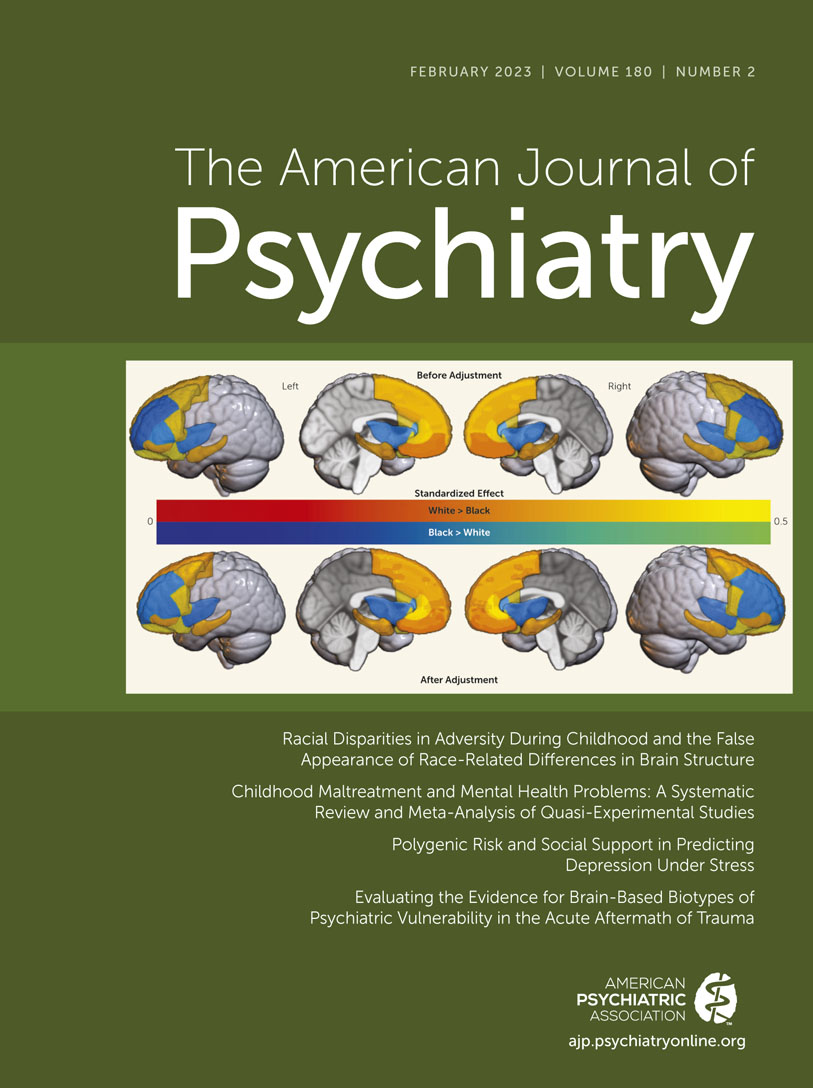Polygenic Risk and Social Support in Predicting Depression Under Stress
Abstract
Objective:
Despite substantial progress in identifying genomic variation associated with major depression, the mechanisms by which genomic and environmental factors jointly influence depression risk remain unclear. Genomically conferred sensitivity to the social environment may be one mechanism linking genomic variation and depressive symptoms. The authors assessed whether social support affects the likelihood of depression development differently across the spectrum of genomic risk in two samples that experienced substantial life stress: 1,011 first-year training physicians (interns) in the Intern Health Study (IHS) and 435 recently widowed Health and Retirement Study (HRS) participants.
Methods:
Participants’ depressive symptoms and social support were assessed with questionnaires that were administered before and after the life stressor. Polygenic risk scores (PRSs) for major depressive disorder were calculated for both samples.
Results:
Depressive symptom scores increased by 126% after the start of internship in the IHS sample and by 34% after widowing in the HRS sample. There was an interaction between depression PRS and change in social support in the prediction of depressive symptoms in both the IHS sample (incidence rate ratio [IRR]=0.96, 95% CI=0.93, 0.98) and the HRS sample (IRR=0.78, 95% CI=0.66, 0.92), with higher depression PRS associated with greater sensitivity to changes in social support. Johnson-Neyman intervals indicated a crossover effect, with losses and gains in social support moderating the effect of PRS on depressive symptoms. (Johnson-Neyman interval in the IHS sample, −0.02, 0.71; in the HRS sample, −0.49, 1.92).
Conclusions:
The study findings suggest that individuals with high genomic risk for developing increased depressive symptoms under adverse social conditions also benefit more from nurturing social environments.



